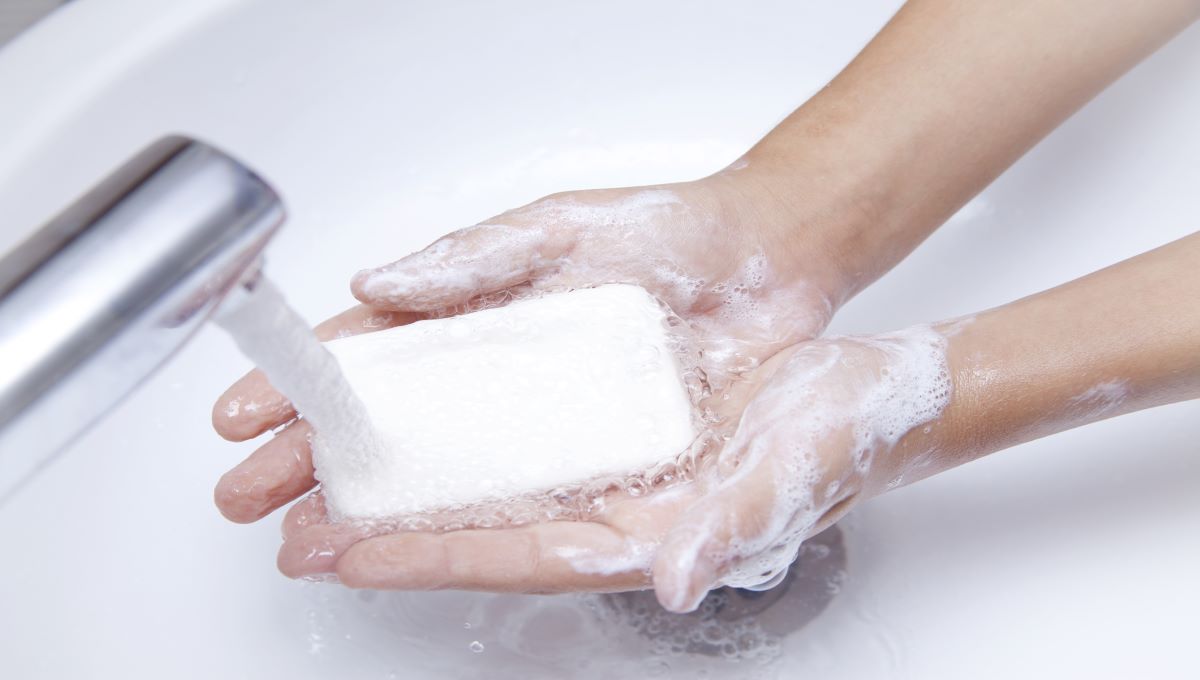The United Nations says in a new report published on Thursday that without an urgent injection of cash, billions globally risk still being without lifesaving access to safe drinking water, sanitation and hygiene services by 2030.
This is just as the World Health Organisation (WHO) expressed concerns that for the first time, the report also presented a worrisome trend of emerging national data on menstrual health.
It showed a significant proportion of women and girls in many countries were unable to meet their menstrual health needs.
The report also noted that disparities were significant among vulnerable groups, such as the poor and those with disabilities
Latest data from the World Health Organisation (WHO) and UN Children’s Fund (UNICEF) revealed that three in 10 people worldwide could not wash their hands with soap and water at home during the COVID-19 pandemic.
“Handwashing is one of the most effective ways to prevent the spread of COVID-19 and other infectious diseases, yet millions of people across the world lack access to a reliable, safe supply of water,” said WHO Director-General, Tedros Adhanom Ghebreyesus.
The Joint Monitoring Programme (JMP) report, “Progress on Household Drinking Water, Sanitation and Hygiene (WASH) 2000 – 2020” did, however, offer some good news on universal access to WASH services.
Between 2016 and 2020, it showed that access to safely managed drinking water at home, increased from 70 to 74 per cent; sanitation services went from 47 to 54 per cent; and handwashing facilities with soap and water, rose from 67 to 71 per cent.
Rather than sewer connections, in 2020 for the first time, more people used pit latrines, septic tanks and other improved on-site sanitation to effectively contain and treat waste.
“Despite our impressive progress to date, to scale-up these lifesaving services, the alarming and growing needs continue to outstrip our ability to respond,” said UNICEF Executive Director, Henrietta Fore.
To maintain progress, the two UN agencies underscored the need for governments to adequately support safely managed on-site sanitation, including faecal sludge.
The study also made clear that if current trends persisted, by 2030 billions of children and families would be left without life-saving WASH services.
It notes that still only 81 per cent of the world’s population would have access to safe drinking water at home, leaving 1.6 billion without; just 67 per cent would have safe sanitation services, leaving 2.8 billion in the lurch.
Also, only 78 per cent would have basic handwashing facilities, leaving 1.9 billion adrift.
“Investment in water, sanitation and hygiene must be a global priority if we are to end this pandemic and build more resilient health systems,” Ghebreyesus emphasised.
The report also noted vast inequalities – with vulnerable children and families suffering the most.
At the current rate of progress, for Least Developed Countries (LDCs) to access safely managed drinking water by 2030, the study said a ten-fold increase would be required.
“Even before the pandemic, millions of children and families were suffering without clean water, safe sanitation, and a place to wash their hands.
“The time has come to dramatically accelerate our efforts to provide every child and family with the most basic needs for their health and well-being, including fighting off infectious diseases like COVID-19,” said the UNICEF chief.
(NAN)




















































